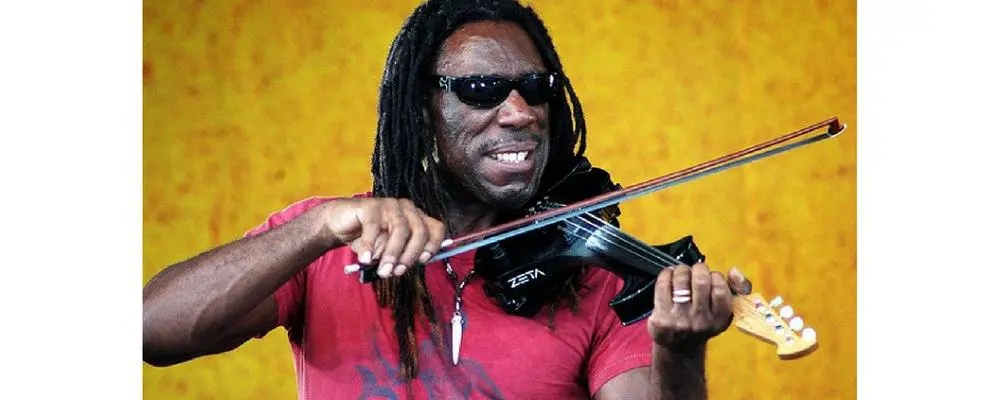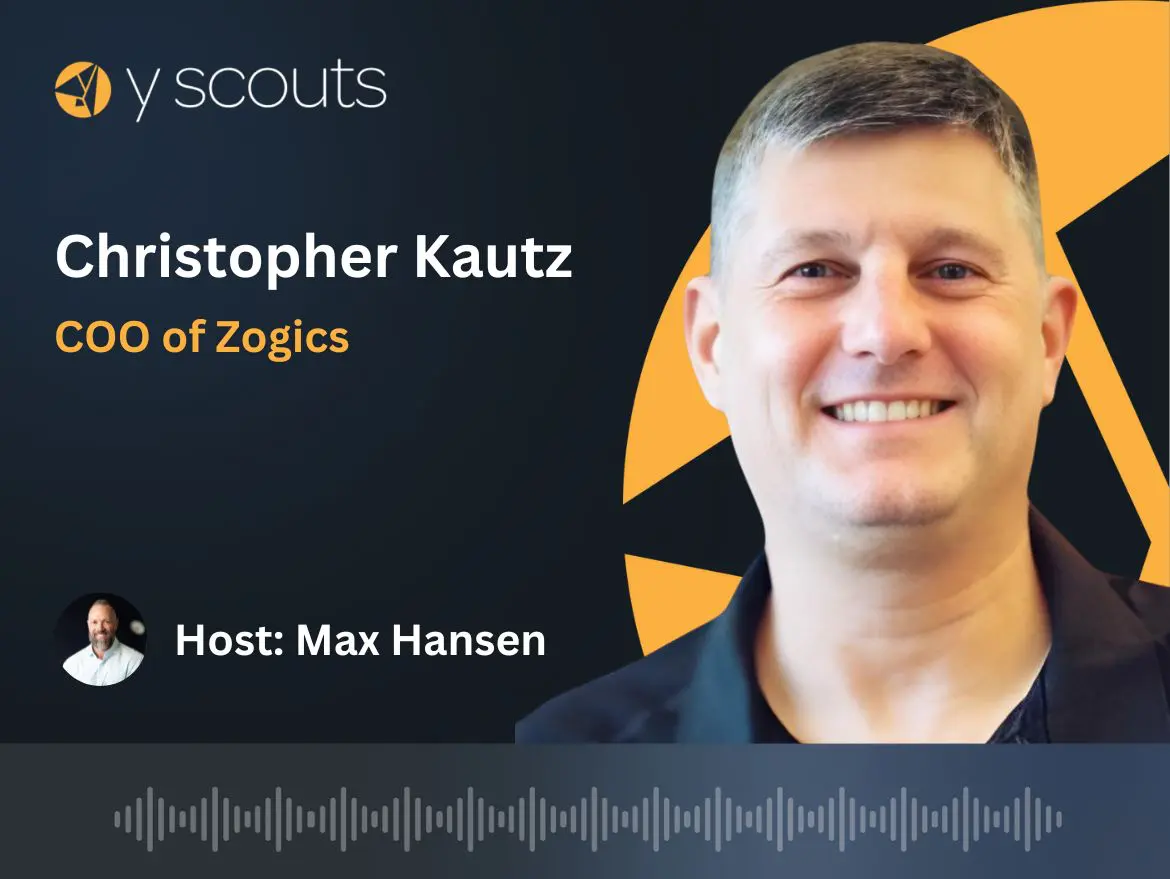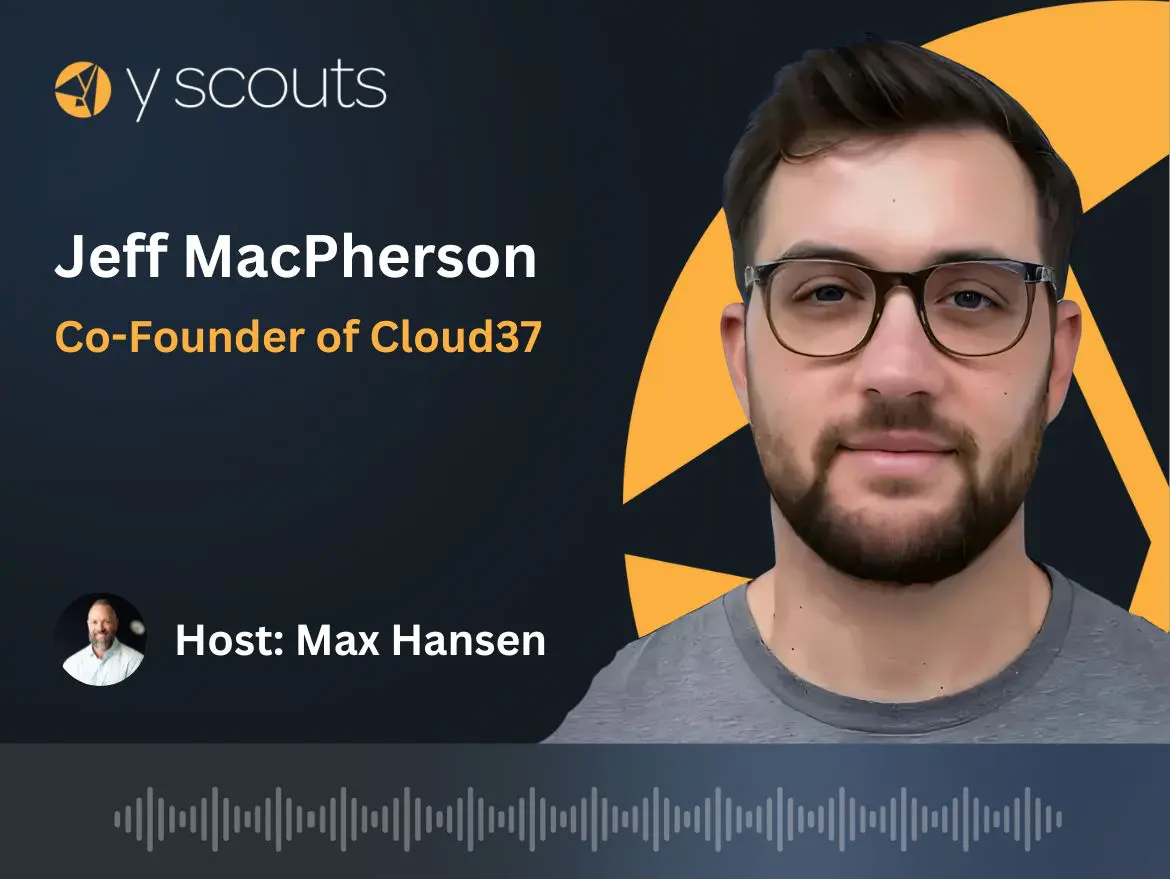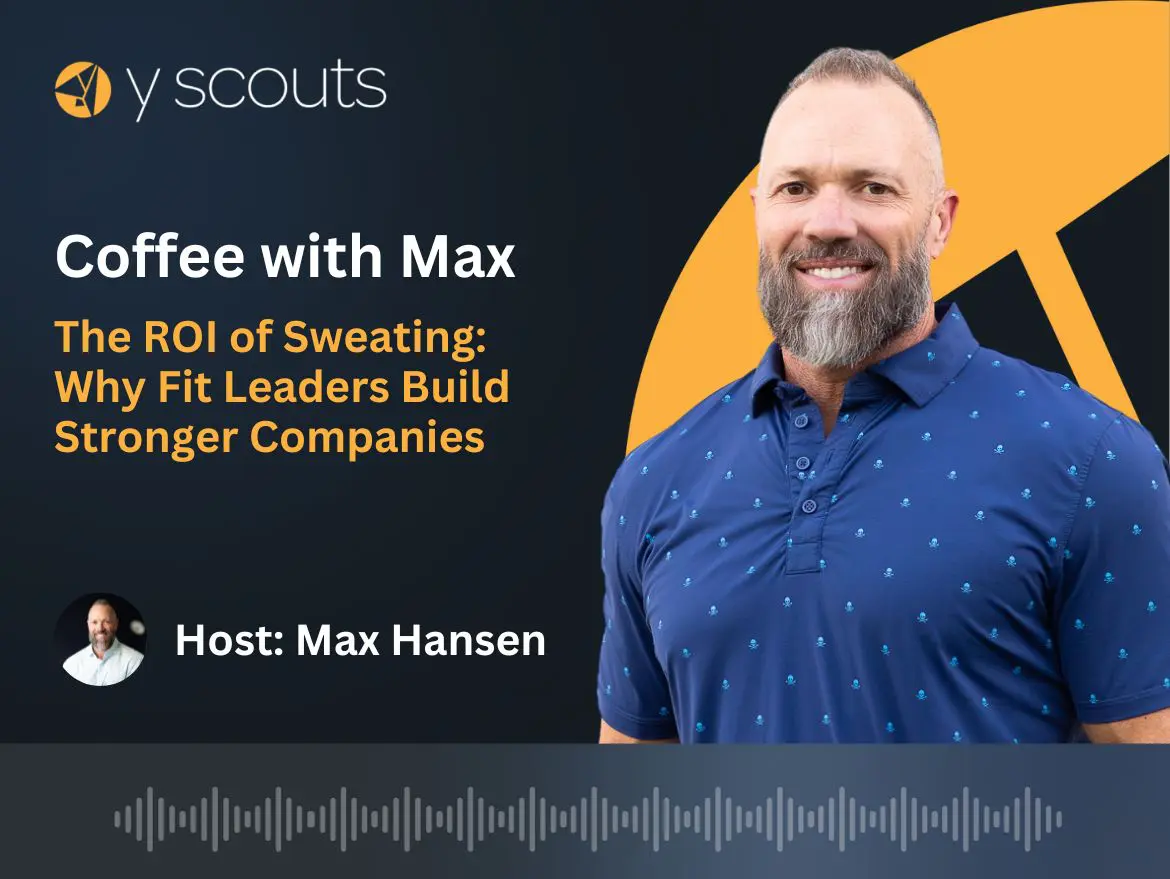
Boyd Tinsley is the violinist and a founding member of one of the most well-known bands in the world: the Dave Matthews Band. In this conversation we talk about the 25-year journey of DMB, and the “very open process” Boyd takes when it comes to creating music, making a movie, or recruiting members from around the world to form a new rock band. This episode is full of entertainment for any fan of Dave Matthews Band or music in general.
Listen to this Boyd Tinsley podcast and more episodes from the Built On Purpose Podcast at https://yscouts.com/podcast/.
Table of Contents
ToggleShow Highlights
- 1:54 – Where Boyd Tinsley’s passion for classical music originated
- 4:45 – Family influences in music
- 7:21 – Making the shift from discipline in his music to more improvisational styles
- 10:10 – The feeling of going onstage in front of a live audience
- 17:00 – The longevity of Dave Matthews Band
- 19:40 – Sixth grade strings class: Where it all started for Boyd Tinsley
- 23:06 – Crystal Garden project & taking time off from DMB
- 31:27 – Selecting the “right ones” for his new band, Crystal Garden
- 34:18 – The open creative process and curating his Twitter
- 42:56 – Technology’s impact on the concert experience
- 47:32 – Indoor vs. outdoor shows & bigger venues vs. smaller venues
- 51:20 – Are today’s artists relying on too much technology for their music?
- 1:03:18 – The one artist he’d like to perform with
- 1:04:47 – The three albums Boyd Tinsley would take with him on a deserted island
Show Links
- Crystal Garden
- Dave Matthews Band
- “Faces in the Mirror” film
Boyd Tinsley Interview
Where did your love of classical music originally come from?
Because the University of Virginia is in Charlottesville, it’s a pretty cultural place. The city itself is pretty progressive, and one of the surprising things about Charlottesville is that it’s a very small city. And you’ll find some of the cultural things in Charlottesville that you won’t find in bigger cities. There’s a lot of theatre, jazz, rock, there’s a lot of artists here, it’s a very cultural town. One unusual thing was, starting in middle school, they had a string program—a string orchestra program. That’s where I learned to play the violin was at school in the sixth grade. I sort of stumbled upon it—I must admit: I thought the class was for guitar! I walked in and very quickly found out that wasn’t the case.
Nevertheless, I had the choice to stay in that class or to go down to the office and switch. I made a really split-second decision to stay, which really changed my life. It really fostered a cultural education. In some schools, that’s a throw-away. When you come to things like budget cuts, things like a string orchestra will be the first to go. But it’s always been a tremendous priority in Charlottesville. The string orchestra in Charlottesville is now an entire symphony. They’ve won awards all over the world. I was lucky—I grew up in a place that really fostered music and creativity in general.
As you were learning a more disciplined approach to violin, was there a challenge for you playing music that has evolved for you into improvisational work, both as a member of the Dave Matthews Band and in Crystal Garden? Was there a difficult transition?
It definitely took some time. Classical music is very precise, it tells you how loud, how you are supposed to strike the note, and it basically tells you everything you’re supposed to do to play a piece. That’s very different from rock or jazz, at least in the improvisational part of it. It’s wide open; there are no rules. That requires playing from the heart. Coming from a classical background, that requires letting go. You just have to find the music inside yourself, and that discovery was a process.
I was at UVA in the early ’80s, and one of my friends went to this fraternity—Sigma Nu. At that time, it wasn’t at all the traditional fraternity; it was mostly Deadheads and everybody played acoustic guitar. It was very much a music fraternity. So I had this whole wealth of musicians to go to and sit down and jam with. I would literally go from room to room of the fraternity brothers and just play music. That was a huge part of my development. And also just learning how to improv with all these guitar players in the fraternity (which I went on to join).
It’s pretty rare for a band to stick together and have the success that Dave Matthews Band has had. Do you think about why this particular band has had such staying power?
My mindset has always been gratitude. We get out there every concert and just pour our hearts out. And these fans keep coming back to see us. That blows me away—the loyalty and dedication of the fans. They come to 10, 15 shows in a summer, some of them. You’ll run into some people who will say they’ve gone to 300 shows. It’s tremendous dedication. And I think as far as the band is concerned, it’s just making sure we keep the music fresh. The other thing is, we have to laugh. It’s important to not take everything so seriously, backstage and onstage.
This open, creative process that seems very central to you also feels like something that has carried over into your life as a human being. I was looking at your Twitter account, and it looks like there’s a real depth of relationships that you establish with your fans out there. Where did Twitter come from in your life?
When we were promoting the movie “Faces in the Mirror,” I started using social media, especially Twitter. I got on there and had no idea what it was. You lose contact with fans, and with Twitter, it allows you to connect with fans. There was a period of time when we began playing in clubs and stuff, where you go to the parking lot after the show and your fans are there. You’re a lot closer to your fans. You can see them, you can talk to them. The bigger you get, the more removed you get. That was the period before Twitter, and after playing at clubs.
On Twitter, I was blown away by all the love the fans have. They sent me love, and I sent them love. My Twitter community is very much about love. There is actually a group of my Twitter followers that I know or actually have met. I used to do these things called “gatherings.” They started off as screenings we’d have for the movie. We would do the screenings, I’d play with the band, and then afterwards, I would meet with the fans there. Then, it came to a point where we just started doing gatherings without the film, after DMB shows.
You’ve played with a lot of amazing musicians. Who haven’t you had a chance to play with yet?
Stevie Wonder. One other person would have been Prince. Also, Elton John.
Y Scouts is a leadership search firm that finds purpose-aligned and performance-proven leaders to help organizations achieve their missions faster. Ready to supercharge your leadership search and get the right person in your organization? Contact Y Scouts.






